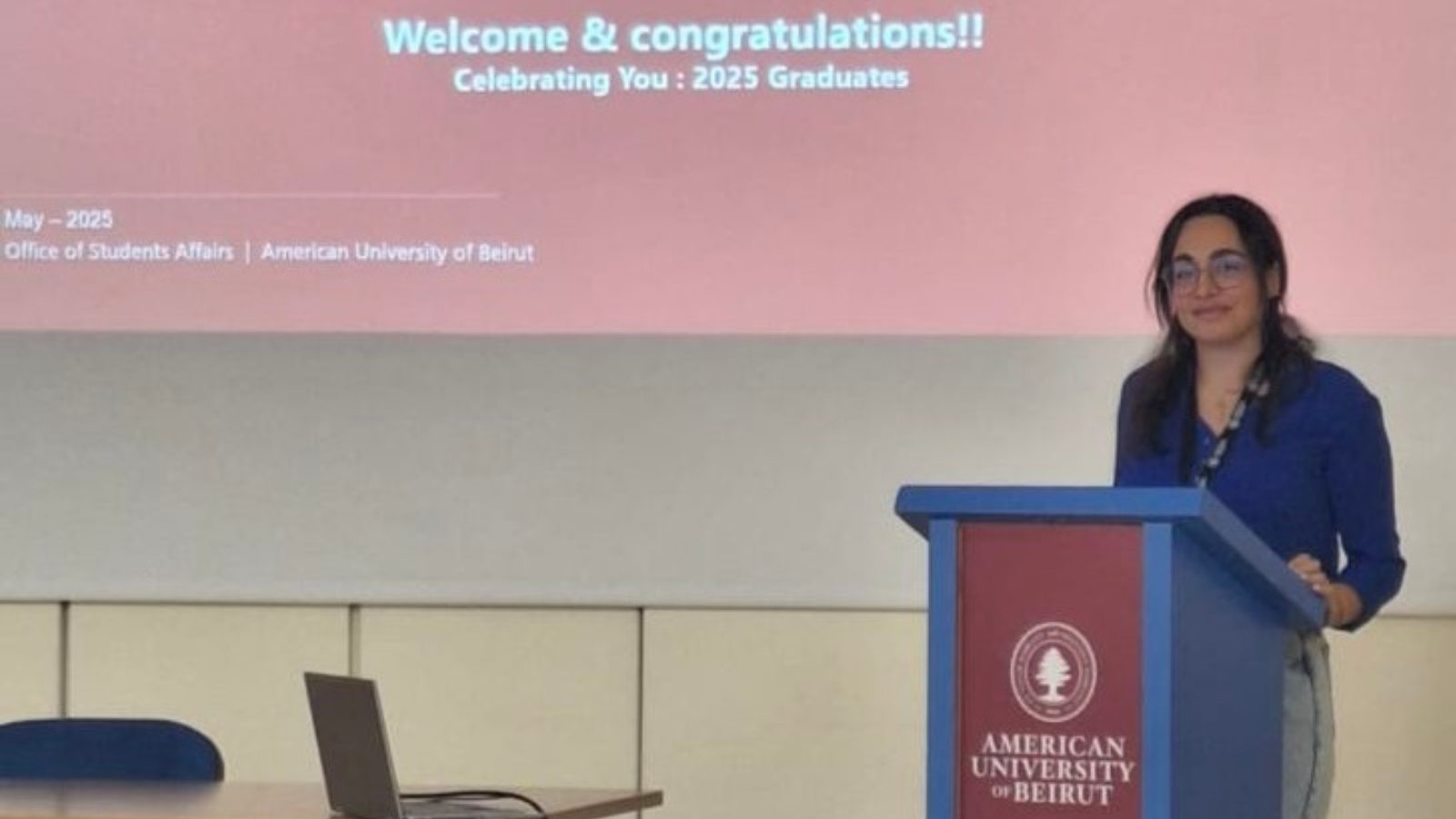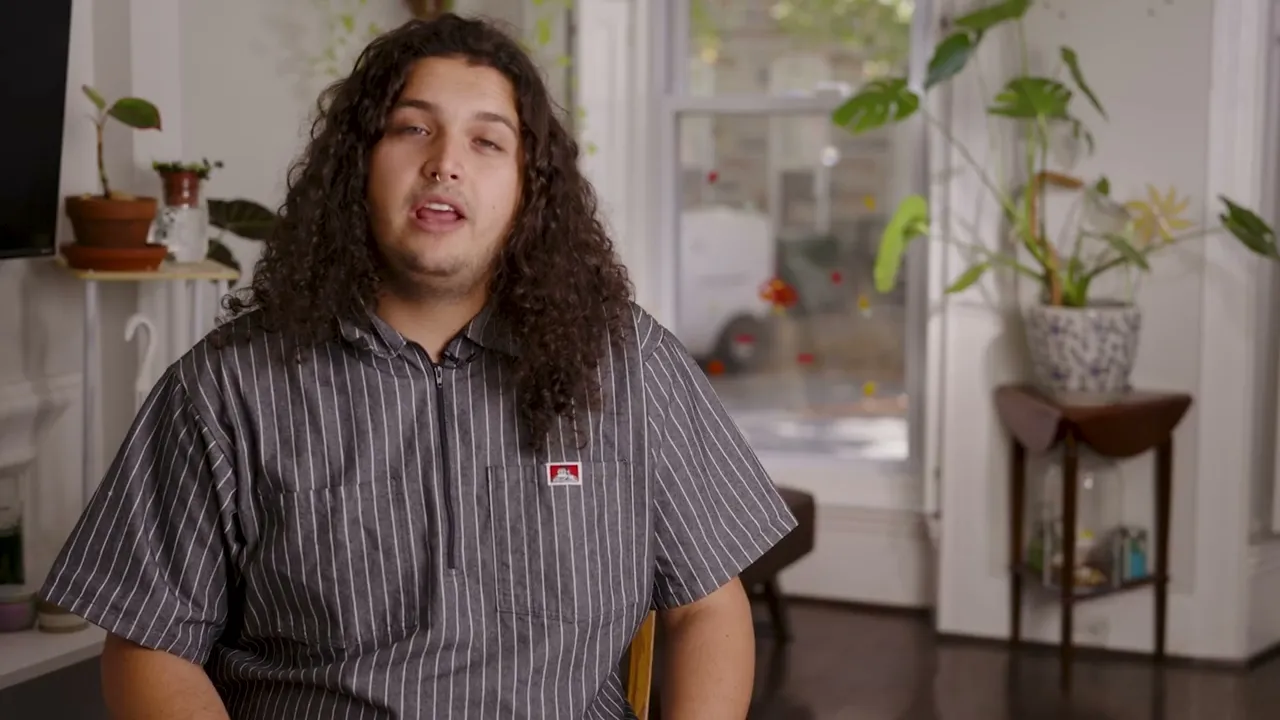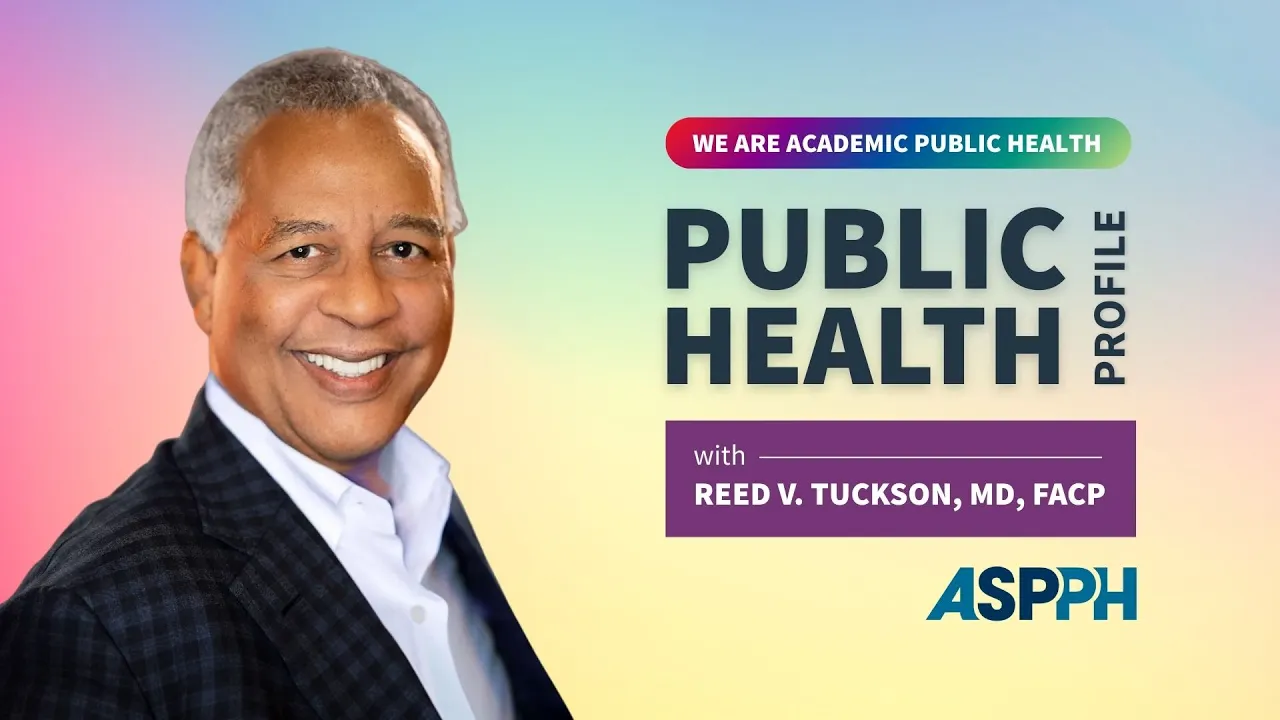
As a second-year Master of Public Health (MPH) student in the Global Health program at the University of Arizona Mel and Enid Zuckerman College of Public Health, I have always been drawn to work that allows me to connect across cultures, uplift community voices, and strengthen my understanding of health through lived experience. My Applied Practice Experience (APE) gave me the rare and humbling opportunity to do exactly that. I spent the summer of 2024 in Purwokerto, a semi-rural area in Central Java, Indonesia, conducting independent research on tuberculosis-related stigma.
The title of my study was “Assessing Levels of Stigma Towards Patients with TB Among Healthcare Workers: Perspectives and Experiences of Healthcare Workers and TB Patients.” It was a project that combined my academic training with my personal and professional passion for tuberculosis (TB) research in Southeast Asia. More than just a research experience, this APE was a moment of growth; it pushed me to build international partnerships, adapt to new environments, and navigate cultural complexity with humility.
A Partnership Rooted in Mutual Respect
This project came to life through both intention and alignment. I had always hoped to conduct TB research in Southeast Asia, especially after losing a loved one to the disease in the Philippines. When I found out that my faculty advisor, Dr. Priscilla Magrath, had extensive experience in Indonesia, it felt like a natural next step. With her support, I began searching for potential research collaborators. I reached out to Dr. Ahmad Fuady from Universitas Indonesia (UI), who kindly referred me to Dr. Siwi Wijayanti from Universitas Jenderal Soedirman (UNSOED), a lecturer from the university who was interested in doing research on TB stigma. It was through this referral that the pieces came together.
UI and the University of Arizona already had a Memorandum of Understanding (MOU) in place, which made it easier to begin building trust and drafting another university, but this time, with UNSOED. From the start, there was a sense of reciprocity. Dr. Wijayanti and her team were not only responsive but excited about the opportunity to collaborate with an international student. Together, we co-designed the research plan, and they supported me through ethics approvals in both countries, language interpretation, and community outreach.
With Dr. Magrath’s mentorship and the incredible support from UNSOED faculty, I was able to build something I was truly proud of: A community-driven research project that brought together the voices of TB patients, community health advocates (MSI kader), and TB programmers across Purwokerto.
Our collaboration was also part of a broader institutional effort to expand global health partnerships. During our visit to Indonesia, Dr. Magrath and I presented at both UI and UNSEOD, connecting with students, faculty, and public health leaders to strengthen these partnerships through student exchange opportunities, joint research, and community engagement.
Research That Centered People, Not Just Data
The core of my APE involved conducting in-depth interviews to explore the psychosocial dimensions of TB and the stigma attached to it. I wanted to understand not only how healthcare workers perceive patients with TB, but also how stigma manifests in daily interactions and affects treatment adherence and care delivery. These conversations revealed stories of resilience, silence, compassion, and fear, all narratives that are often missed in large-scale epidemiological studies.
What stood out to me the most was the disconnect between clinical knowledge and lived experience. TB patients shared how being diagnosed affected their social lives, personal identity, and confidence. Healthcare workers, too, carried emotional burdens and experienced structural challenges which led them to reinforce stigmatizing behaviors or hold those thoughts. This research was not just about identifying gaps in care; it was about creating space for people’s voices and stories to be heard and a way to address structural gaps.
I also had the chance to visit Dinas Kesehatan (the local health department), the nonprofit Mentari Sehat Indonesia (MSI), and village-based health programs like the breastfeeding awareness campaign in Desa Pageraji. These visits grounded my research in the real-world infrastructure and systems that shape TB care in Indonesia. I witnessed firsthand how community-based organizations support patients beyond clinics, through education, home visits, and emotional support, and how the broader public health ecosystem is strengthened by local leadership.
A Built-from-the-Ground-Up Experience
What made this APE unique was the fact that it was fully independent. Unlike other students who joined programs through existing college partnerships or placements, I built this from the ground up. I independently applied for funding from the Dean’s Student Research Fund, the Graduate and Professional Student Council grants, and the Western Region Public Health Training Center. With the assistance of my research team in Indonesia, I was able to successfully coordinate the logistics, secure meetings, develop the research instruments, train two incredible Indonesian research assistants, and carry out the interviews on-site.
At times, this process was challenging. There were moments when ethical clearance approvals were delayed, or paperwork stalled due to time zone differences and bureaucratic processes. However, these obstacles taught me to be patient, flexible, and resourceful. I kept a detailed Excel tracker to monitor my timeline, tasks, and budget. I met regularly with Dr. Magrath to ensure alignment and troubleshoot issues. I also adapted quickly to local communication norms, such as using WhatsApp for day-to-day conversations, and adjusting to the hierarchical communication culture present in many academic and government institutions in Indonesia.
Cultural awareness and immersion are also important aspects of engaging in global health work. For example, one of my research assistants, who is Muslim, practices Salah or five daily prayers. While this might not be standard practice in U.S.-based academic settings, it became a normal and beautiful rhythm to our day. Those moments of pausing, adjusting, and listening became some of the most meaningful parts of the work.
Decolonizing Global Health Through Practice
This experience also served as a personal application of values I have been developing throughout my MPH, especially around decolonizing global health. In Spring 2024, I helped organize a panel discussion on decolonization in global health through the Global Health Alliance, which brought together diverse voices to critically reflect on equity, power, and collaboration in international research. Those conversations stayed with me in Indonesia. They reminded me that this work is not about leading from above; it is about working alongside others with mutual respect, shared goals, and cultural understanding.
Everything about this APE, from how it was initiated to how it was implemented, was built on partnership. I was not just “doing research in Indonesia”; I was building relationships, learning from community health workers, collaborating with local universities, and engaging in public dialogue about health values and communication. These are exactly the kinds of actions we must take if we are serious about decolonizing global health, not just talking about equity, but living it in our practice.
A Career Path Forward
This experience has fundamentally shaped my career path. I have always envisioned myself continuing global health research across Southeast Asia. Following my MPH, I plan to pursue a fellowship year, then enroll in a Juris Doctor (JD) and eventually a PhD in Global Health. I hope to remain active in both research and policy spaces, eventually serving as a senior advisor, or even Secretary of Health, in a Southeast Asian setting.
Choosing Indonesia for my APE, despite being from the Philippines, was intentional. It was easy to go where I was most comfortable, but I knew that this experience would challenge me, push me to grow, and help me build relationships in places I had yet to explore in Southeast Asia. That is exactly what I believe global health should be about: not staying comfortable, but stepping into complexity with curiosity, humility, and passion.
My long-term goal is to foster cross-country collaboration in TB elimination, infectious disease preparedness, and equitable health systems strengthening. I also want to help inspire the next generation of public health leaders who are unafraid to challenge broken systems and advocate for justice, access, and prevention.




